have to singular plural I have to _____ We have to ____ You have to____ You have to ____ He has to ____ She has to ____ It has to ____ They have to ____ You have to go to school tomorrow. He has to do some work. They have to travel to New York. …
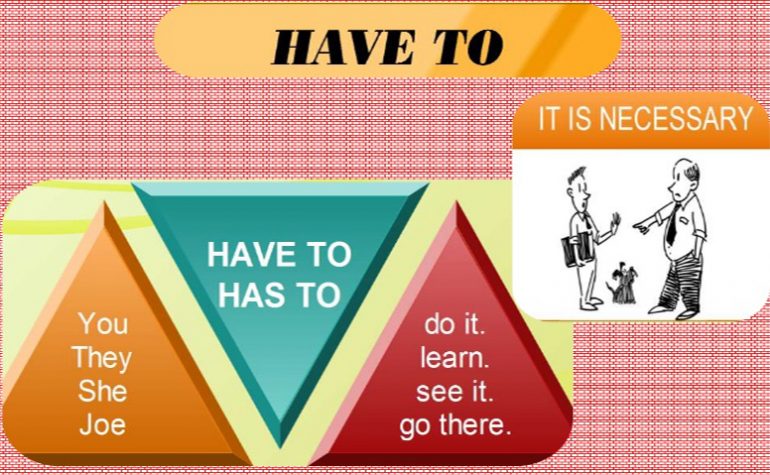

have to singular plural I have to _____ We have to ____ You have to____ You have to ____ He has to ____ She has to ____ It has to ____ They have to ____ You have to go to school tomorrow. He has to do some work. They have to travel to New York. …
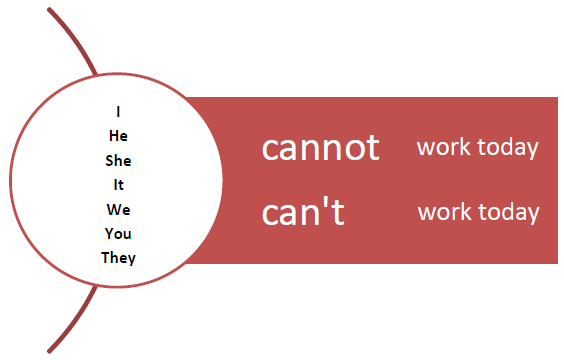
can / can’t singular plural I can ______ We can ______ You can ______ You can ______ He can ______ She can ______ They can ______ It can ______ After the modal verb “can,” the main verbis in the simple form. What’s the simple form? I can help you. She can go to the …
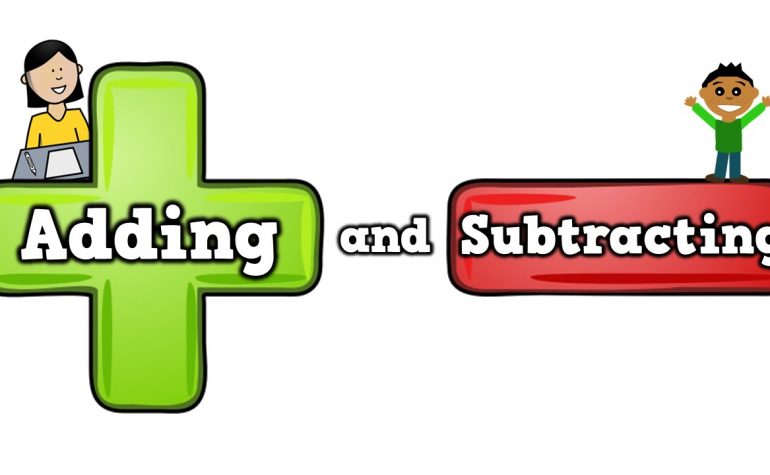
Addition and Subtraction addition or adding 5 + 3 = 8 five plus three equals eight 2 + 2 = 4 two and two is four Note: Some English books will use the plural verb “equal” or “are” for the equal sign (=). Grammatically, this is correct but most people use a singular verb. The …
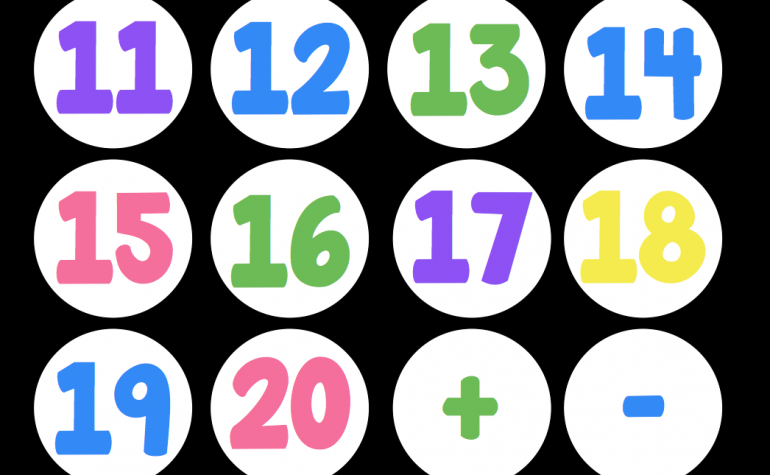
Numbers ones tens hundreds one two three four five six seven eight nine ten twenty thirty forty fifty sixty seventy eighty ninety one hundred two hundred three hundred four hundred five hundred six hundred seven hundred eight hundred nine hundred Reading numbers above 100: When reading numbers above 100, read the number in the hundred …
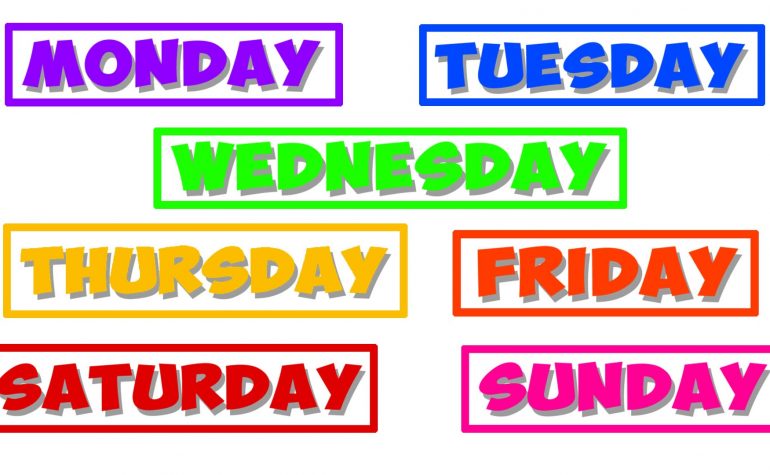
Days of the week Click for the audio. Sunday is the first day of the week. The first day of the week is Sunday. Sunday comes after Saturday . Su M T W Th F Sa It comes before Monday . Su M T W Th F Sa Sunday is a weekend day. Monday is …
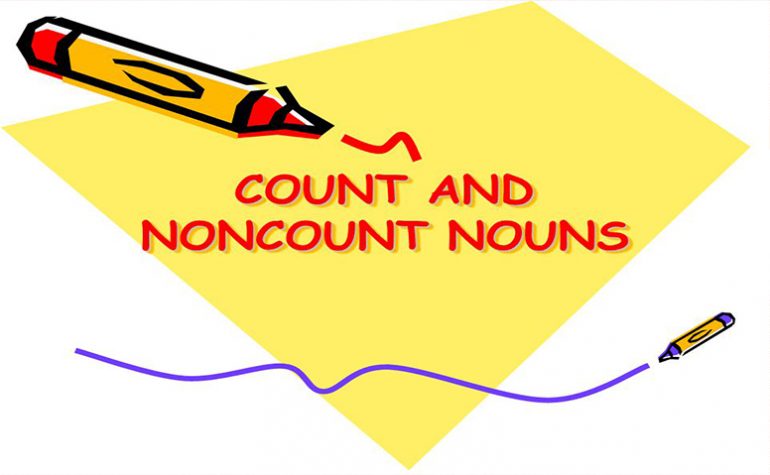
Count and Noncount Nouns Count Nouns Noncount Nouns a car (singular) cars (plural) traffic a chair chairs furniture an apple apples fruit a camera four cameras video equipment count nouns use singular and plural verbs and pronouns: noncount nouns use only singular verbs and pronouns: There is an apple. (singular) There are some …
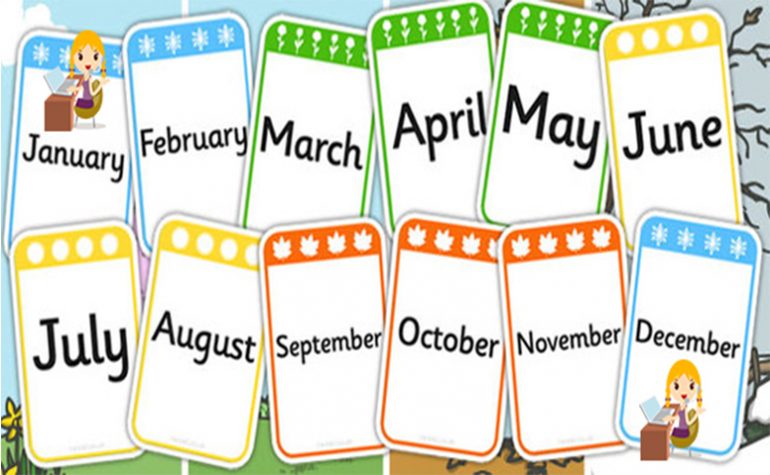
Months January is the first month of the year. The first month of the year is January. January comes after December. It comes before February. This month begins the year. February is the second month of the year. The second month of the year is February. February comes after January. It comes before March. March …
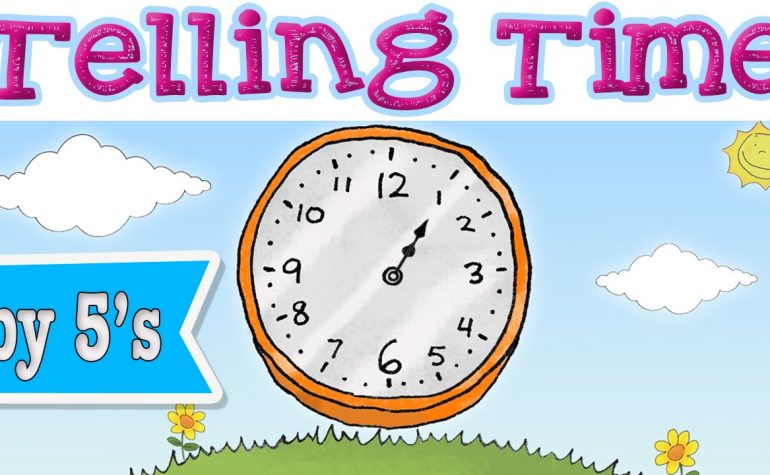
Telling Time Important verbs for asking about and telling time: have, know, be, tell Click for the audio. Questions: Answers: Do you have the time? Sure, it’s 6:00. Do you know what time it is? Sorry, I’m not wearing a watch. What time is it? 5:50 Can you tell me what time it is, please? …
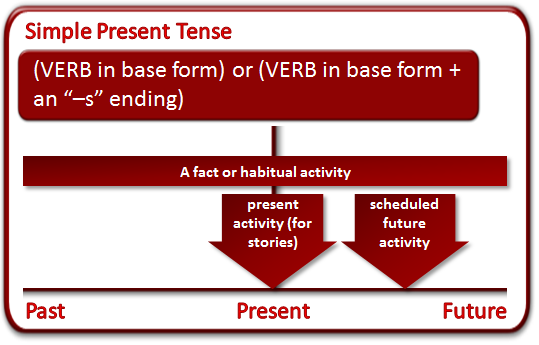
Lesson Sixteen Be – Past Tense The verb “be” has two forms in the past tense: was and were Singular Plural I was We were You were You were He was They were She was It was Listen and read with me: I was in my classroom yesterday. You were there, too. He was at …

Lesson Fifteen Possessive Pronouns Subject Possessive Adjective Possessive Pronoun I my mine you your yours he his his she her hers it its its we our ours you your yours they their theirs A possessive adjective is used before a noun. A possessive pronoun is not used before a noun. I am …